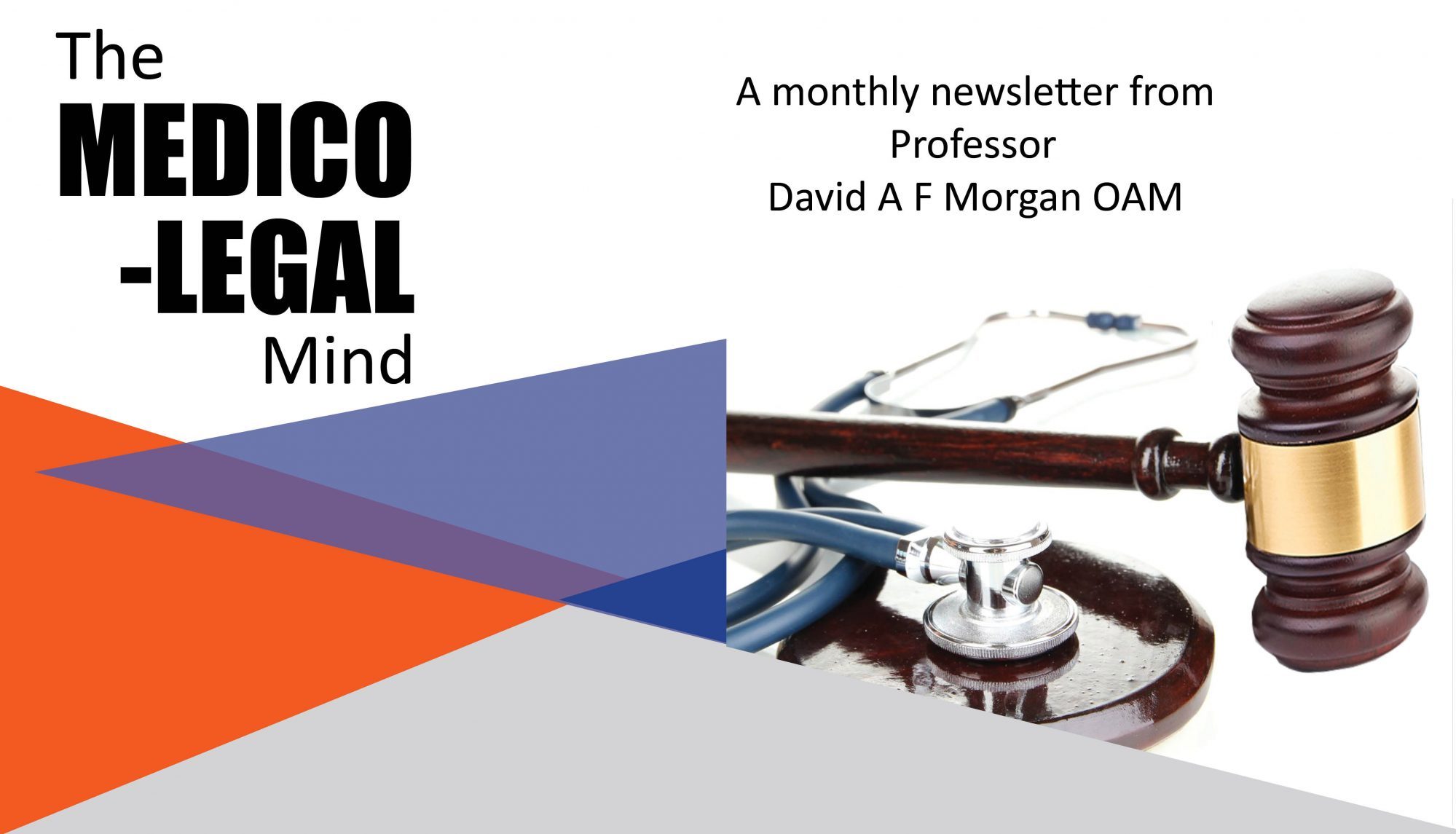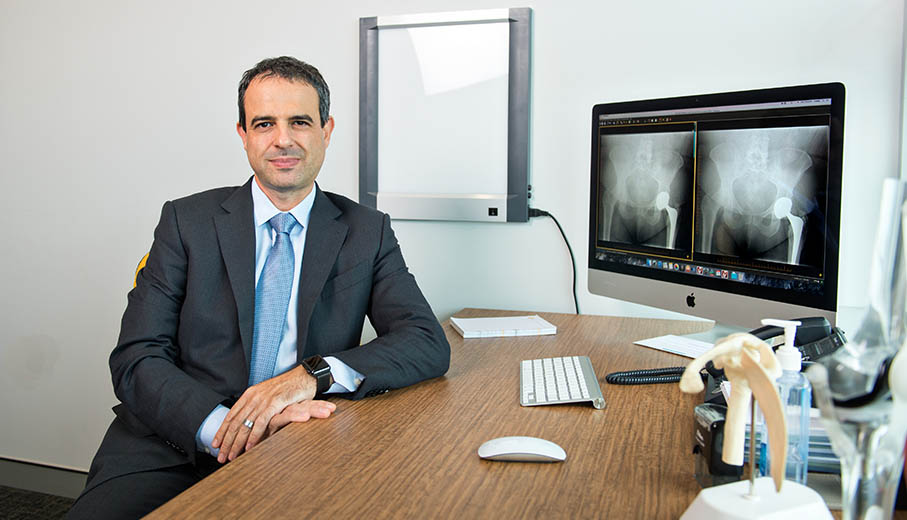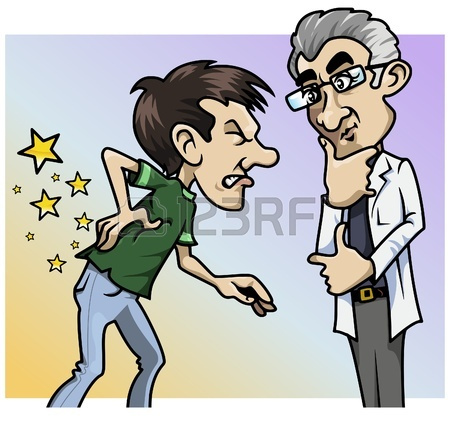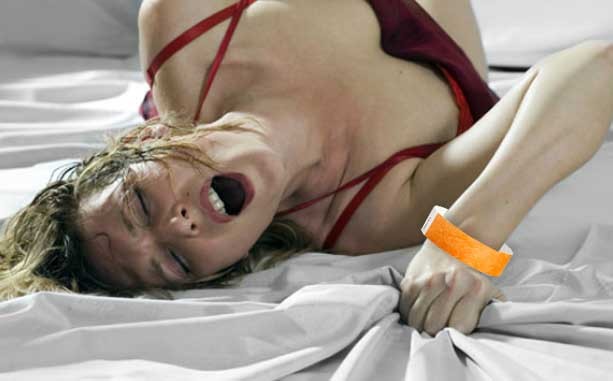Lead Article
Plaintiffs’ Docs and Defendants’ Docs – Do They Exist?
Yes, I am afraid they do. In fact, you all know who they are. I can think of one or two colleagues who really are “bleeding hearts”. They accept at face value and as fact everything that plaintiffs say. They calculate losses far in excess of those calculated by their colleagues. These enormous differences in opinion usually result in all of us going to Court. Similarly, some expert reporters are particularly harsh. It appears that they have a grudge against plaintiffs and have a birthright to support insurers only.

Avoid the Extremes
Whichever extreme is reviewed, neither is appropriate. Objectivity, transparency, fairness, reproducibility and common sense should form the basis of an expert orthopaedic medicolegal report.

I recall one of my older colleagues, now retired, who believed that every plaintiff was “bunging it on”. He was of the view that almost regardless of the impairment that had been sustained, the plaintiff would still have the ability to be an Olympian.
Another colleague seemed to believe that no matter how trivial the injury and how minor the impairment or the disability, the plaintiff was destined to be in receipt of a Disability Support Pension forever.
The Middle Ground
It has often occurred to me that these polarised views should be avoided. I suppose I can understand why a plaintiff’s lawyer may seek a softer, more supportive opinion whilst a lawyer acting for an indemnity insurer may follow a harder line. Despite these natural tendencies, mediators or judges can also surely see through the mist. I remember another famous colleague, now deceased, who joyously claimed in Court that “well he measured 15% and I measured 5% so the judge’ll just make it 10% and we can all go home”.
As true as that might be, had both reporters come in accurately at 10%, then the trial would not have been necessary. The time, the anguish and the expense could all have been avoided.
There is a trend for the lawyers for both plaintiffs and defendants to co-fund a single objective, middle-of-the-road report. This trend is to be applauded and encouraged.





